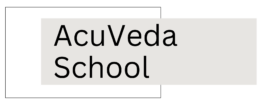Intensive Traditional Acupuncture Training
Class Schedule
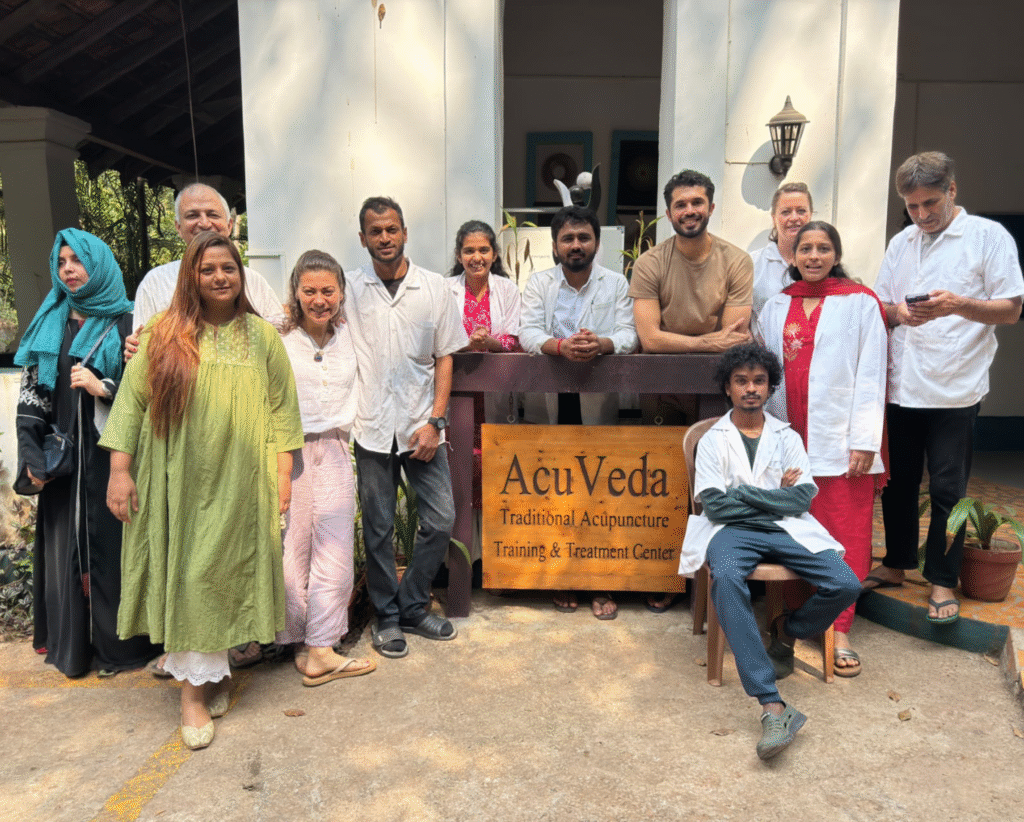
Class Schedule

Myo-Fascial Pain Management
Day 1 1.1 The Knee Joint Treatment
- Anatomy of fascia, muscles, tendons, and trigger points.
- Bio-Tensegrity: how muscles and fascia distribute stress.
Day 2 1.2 The Hip Joint Treatment
- Needle insertion techniques: superficial vs deep.
- Understanding stiffness vs. weakness.
Day 3 1.3 The Spine Treatment (Lumber, Thoracic and Cervical)
- Postural assessment, Muscle Testing and palpation and trigger points.
- Differentiating joint, tendon, and muscle pain.
~An in-depth exploration of spinal disorders—Slip Disc, Sciatica, Scoliosis—and their diagnosis, dysfunction, and integrative treatment approaches
Day 4 1.4 The Shoulder and Elbow Treatment
- Myofascial pain syndromes and referred pain patterns.
- Types of Pain
Frozen shoulder (adhesive capsulitis), rotator cuff tears, bursitis, impingement syndrome, and instability etc.
Day 5 1.5 The Ankle and Wrist Treatment
- Moxibustion & cupping for musculoskeletal recovery.
- ~Understanding Electro Acupuncture: Frequencies, Functions & Clinical Power
Ankle sprains (ATFL, CFL) ,Plantar fasciitis, Achilles tendinopathy, Tarsal tunnel syndrome, Heel Spur etc.
Ancient Diagnostic Method
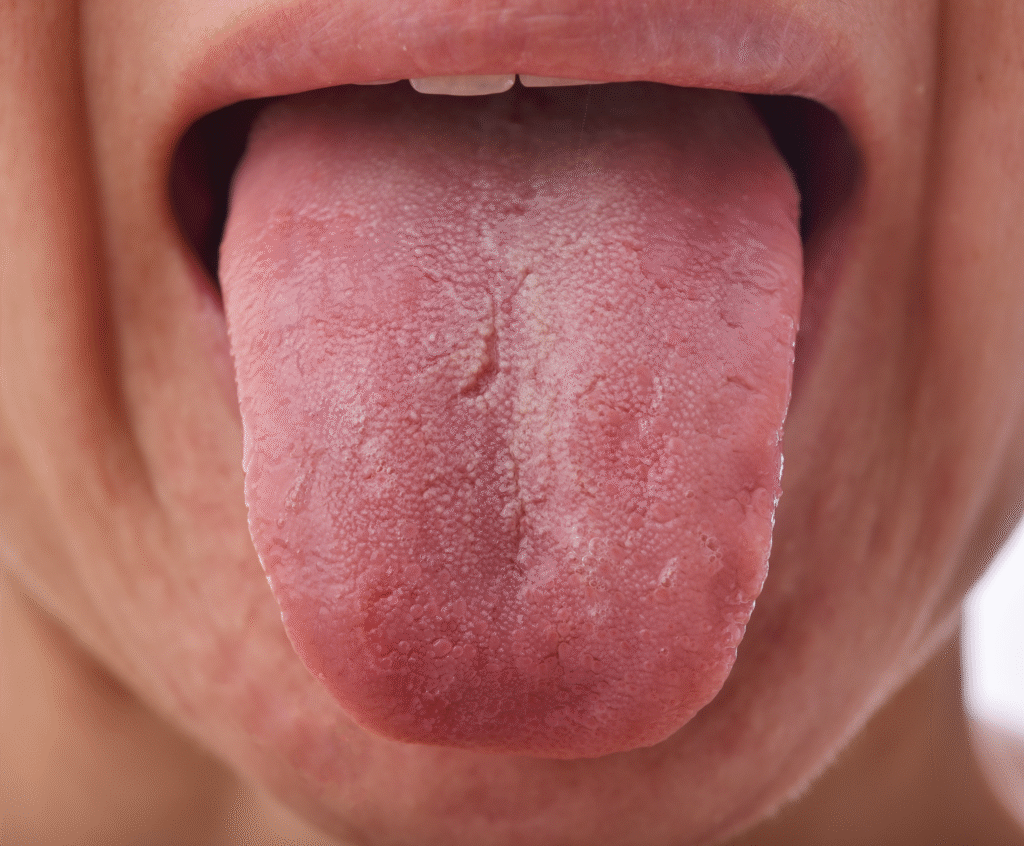
At AcuVeda, this course takes you deep into the art of Tongue Diagnosis through real case studies. You’ll learn to identify symptoms, understand causes, and design treatments for every tongue type — integrating the wisdom of Ayurveda, TCM, and modern medical science.

Pathological Treatment
Day 6: 2.1 Foundations of Tongue Diagnosis
- Introduction & overview of Tongue Diagnosis.
- Organ and Taste Map on the Tongue
Day 7 2.2 Five Element Theory
- Understanding the Five Elements (Based on Ancient and modern science).
- Diagnostic features: shape, color, coating, moisture, cracks, movement etc.
Day 8 2.3 Tongue Diagnosis Chapter 1
- Organ–emotion–psychology connections.
- Vata imbalance tongue symptoms and Treatment protocol
Day 9 2.4 Tongue Diagnosis & Pathological Treatment Chapter 2
- The Journey of Qi – From Food to Flow
- Essence & Vital Forces
- Pitta imbalance tongue symptoms and Treatment protocol
Day 10 2.5 Tongue Diagnosis & Pathological Treatment Chapter 3
- Parasite Diagnosis and Cleansing Through Acupuncture
- Special treatment protocol for Gut cleansing and sinus
- Kapha imbalance tongue symptoms and Treatment protocol
Pulse Diagnosis
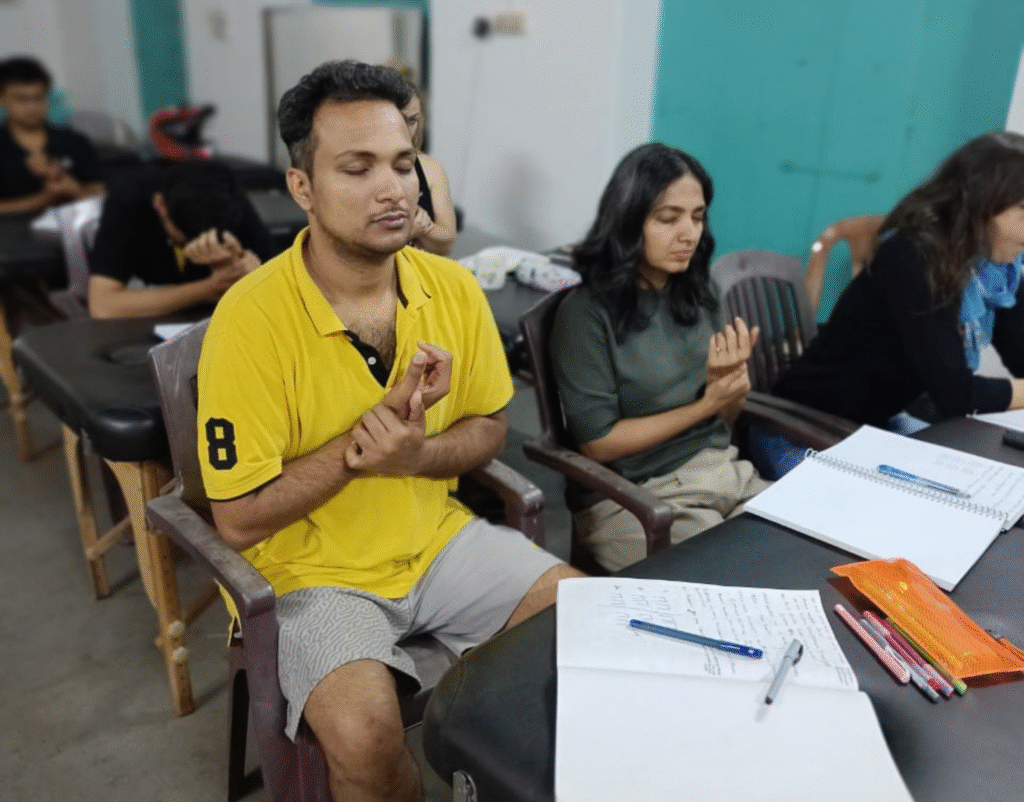
In the wisdom of Ayurveda, Pulse diagnosis is not just a technique of feeling the wrist pulse, but a deep dialogue with the inner self. The Masters taught that the pulse is a sacred rhythm that carries the story of body, mind, and soul.

Origin Treatment
Day 11: 3.1 The Science of Pulse Diagnosis
- Placement of three fingers:
-Index: Vata, Middle: Pitta and Ring: Kapha
- Qualities to observe: depth, speed, rhythm, force, vibration.
Day 12 3.2 Natural Coherence: Laws of Moments
- The Hidden Pathways of Emotional and Energetic Shift
- Psychodynamics of Sadism and Masochism in the Organs & pathological symptoms.
Day 13 3.3 Laws of Movements- Chapter 1
- The Science of Yin and Yang theory
- Study on: Shu and Distal Acupuncture Points for Treating the Root Cause
- Qi movement in organs and body. Types of Qi:
Zong Qi, Postnatal Qi, Meridians of Qi, Jing (Essence), Yuan Qi, Gu Qi, Kong Qi, Zhen Qi, Ying Qi, Wei Qi.
Day 14 3.4 Laws of Movements- Chapter 2
- Resonance in the Body: How Organs Communicate Through Vibration
- The Art of Healing: Dragon and Phoenix Theory
- Meridians, indications, and treatments.
- Emotional resonance in organ pulses (e.g., angry liver = wiry pulse).
Day 15 3.5 Laws of Movements- Chapter 3
- Moxibustion Therapy with Acupuncture
- Blood Cupping based on Pulse Diagnosis on lunar cycle calculation
Energy Science
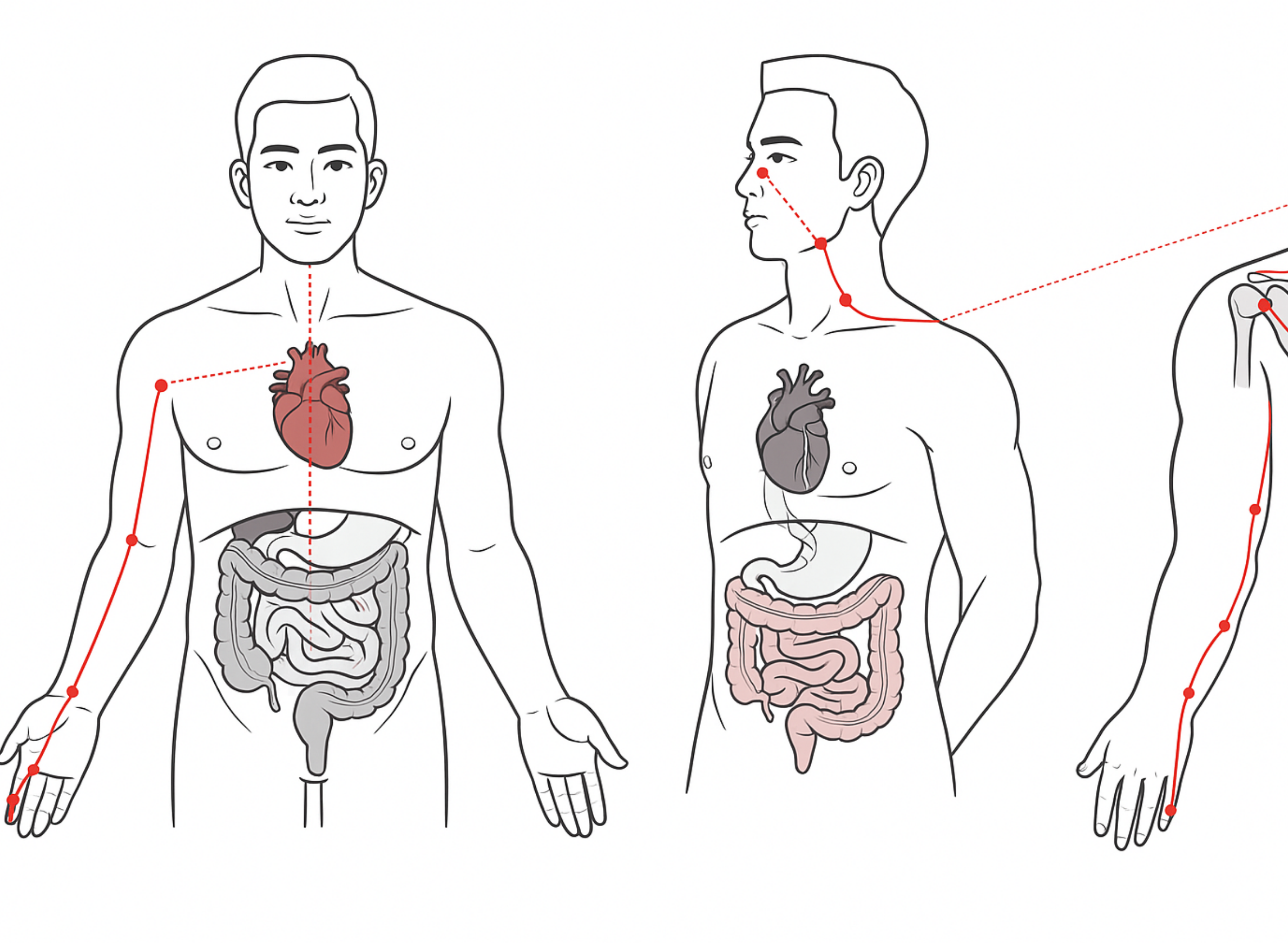
Acupuncture meridians are the body’s invisible energy pathways, carrying life-force (Qi/Prana) through every organ and system. Acupuncture points are gateways on these meridians, where gentle stimulation restores balance, relieves pain, and promotes healing.
Each point is a gateway where healing begins.

Meridian Study
Day 16: 4.1 Meridian study: Lungs & Large Intestine Channels
- Yin/Yang and the Subconscious: Lungs and their spirit Po
- Breath Science: The Bridge Between Body and Spirit
- Personality, expectations, emotional function. Liver & Gall Bladder channels.
Day 17 4.2 Meridian study: Spleen & Stomach
- Yin/Yang and the Subconscious: Spleen, Pancreas and their spirit Yi
- Ayurvedic Abdominal Diagnosis / Nabhi imbalance
- Memory in Organs: how trauma, joy, or stress gets imprinted.
- Sound, mantra, and vibration therapy for organs.
Day 18 2.3 Meridian study: Heart & Small Intestine Channels
- Yin/Yang and the Subconscious: Heart and its spirit Shen
- The Merchant: Personality, emotional needs, and awareness.
- Acupuncture for Shifting Behavioral Patterns
Day 19 2.4 Meridian study: Liver & Gallbladder Channels
- Yin/Yang and the Subconscious: Liver and its spirit Hun
- How Our Organs Carry Emotions and Shape Our Inner World
- Acupuncture Protocol for Psychic Cases or emotional imbalance.
Day 20 2.5 Meridian study: Kidney & Urinary Bladder Channels
- Yin/Yang and the Subconscious: Kidneys and their spirit Zhi
- Chakra Acupuncture: A Fusion of Science and energy
- The Great Mother: Personality, strength, memory, and willpower.
“You’re welcome to come for extra practice after the course — all we ask is dedication, discipline, and sincere effort during your training. Be a committed student, and we’ll always be ready to support and guide you in every possible way”. Attendance and successful completion of all course examinations are mandatory.
